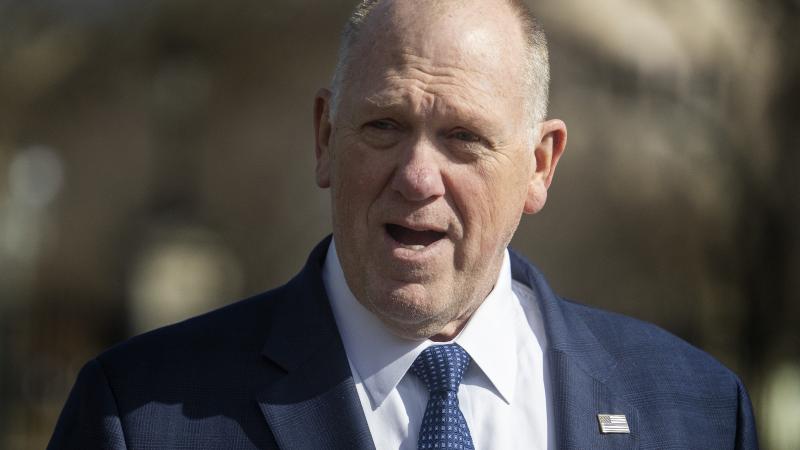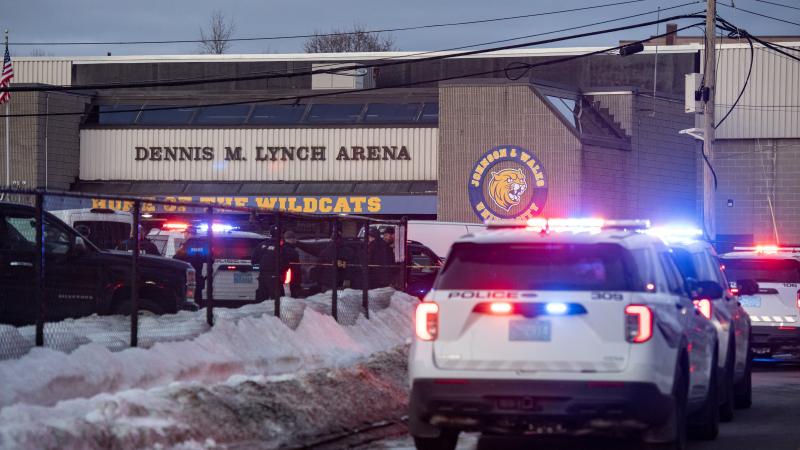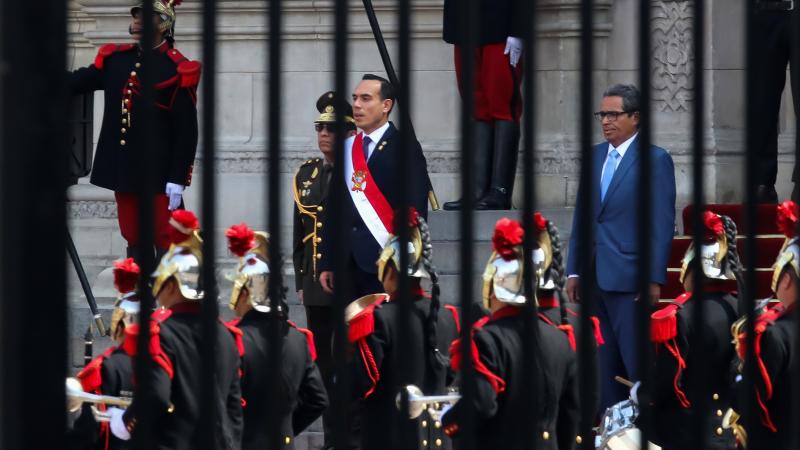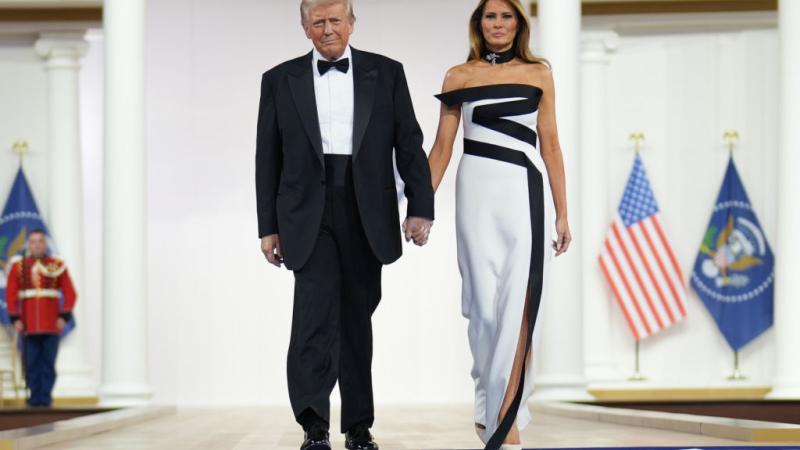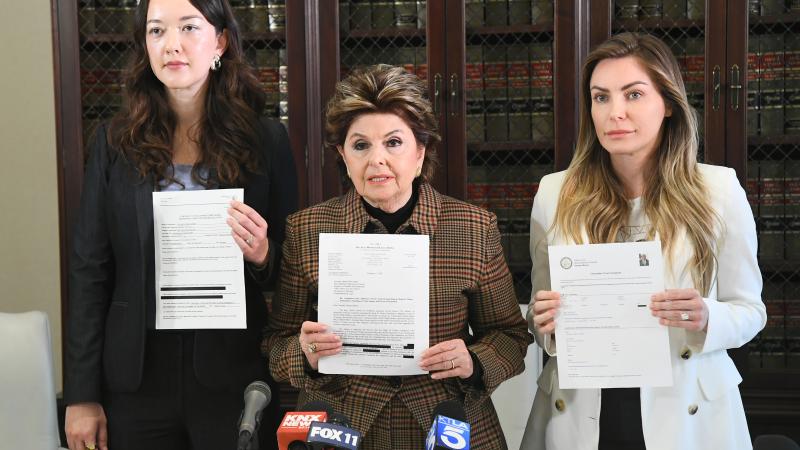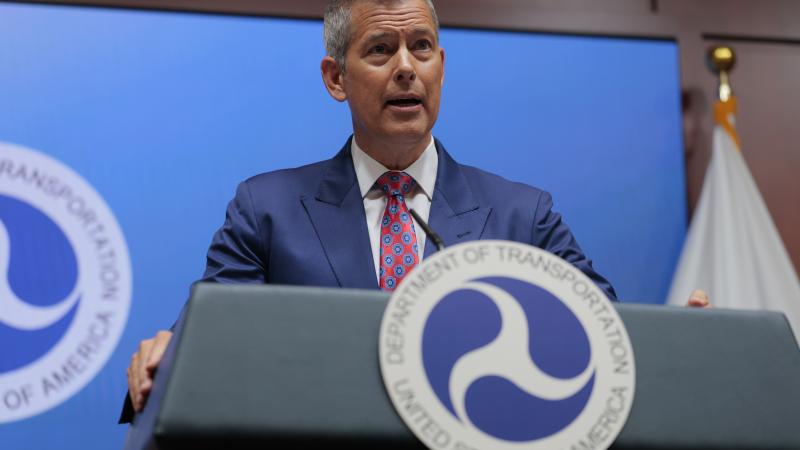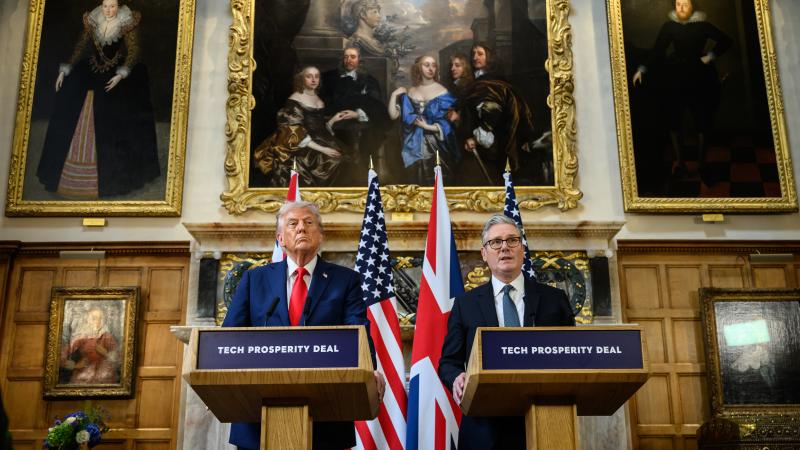RFK Jr. flops against federally tinged censorship, so does Big Tech against Texas neutrality law
5th U.S. Circuit Court of Appeals denies RFK Jr. preliminary injunction against the feds, dismissing "speculative chain of possibilities," but also forces NetChoice to litigate every possible application of content moderation law.
Vaccine skeptic Robert F. Kennedy Jr. is likely to play a greater role in the second Trump administration's health policy than in holding the outgoing Biden administration accountable for alleged censorship via proxy, under a 5th U.S. Circuit Court of Appeals ruling.
Released the day before the election, the non-precedential opinion went largely unnoticed but follows in line with the hurdles created by the Supreme Court in demonstrating legal injury from federal agencies coercing tech platforms to censor government-disfavored narratives.
Kennedy, an independent candidate in the presidential race before suspending his campaign in August, and his Children's Health Defense do not have legal standing for a preliminary injunction against President Biden, White House Press Secretary Karine Jean-Pierre, Surgeon General Vivek Murthy and the Department of Health and Human Services among other agencies, according to the unsigned opinion by a three-judge panel.
Their case will now return to district court to decide whether they have standing for "other forms of relief, if any, and if not, dismiss the suit for lack of standing," the judges, nominees for presidents Reagan, Clinton and George W. Bush, collectively wrote.
The Democrat-turned-Independent-turned-Trump surrogate's forward-looking opportunities are so bright that Kennedy pledged to NBC News he won't use his power in the next administration to "take away anybody’s vaccines" but rather "make sure scientific safety studies and efficacy are out there" so people can make "individual assessments" with "the best information."
The "Make America Healthy Again" leader has emerged as a prospective head of the Food and Drug Administration or Xavier Becerra's successor at HHS secretary, and has even floated the elimination of entire departments from the FDA, singling out its nutrition office as ironically harmful to kids.
Another 5th Circuit panel composed of Reagan, George W. Bush and Trump nominees gave Big Tech a new hurdle Thursday in NetChoice's challenge to a Texas law requiring platforms to observe viewpoint neutrality with third-party posts, remanding the case to district court to answer "fact-intensive questions … in the first instance after thorough discovery."
SCOTUS scolded the 5th Circuit this summer for ignoring NetChoice's argument that HB 20 – the Texas law that prohibits major social media platforms from engaging in discrimination viewpoint censorship – is inherently unconstitutional, not just in some applications, and for its "serious misunderstanding of First Amendment precedent and principle" by concluding that restricting editorial control does not "interfere with expression" and Texas has a "valid" interest in changing social media feeds.
Monday's ruling is limited to Kennedy and CHD, whose case was consolidated with a bigger challenge by Missouri, Louisiana and censored doctors and an activist.
The latter group filed its own motion for further discovery to keep the case going under the new SCOTUS parameters the week before the election, arguing the high court had reviewed a "limited record" that was, "to take just one example," missing internal Facebook emails that explicitly say it censored content "under pressure from the [Biden] administration."
After Kennedy and CHD submitted new declarations alleging that specific feds "specifically targeted" them for past and ongoing censorship, the trial court determined they had standing and approved a preliminary injunction, which the 5th Circuit temporarily blocked.
The three-judge panel dismissed how much those declarations moved the needle.
CEO Mary Holland said Facebook parent Meta and YouTube have banned CHD for three years, Facebook and sibling Instagram temporarily banned Kennedy before that, and "certain events in 2021" suggest Meta and YouTube "acted at the behest" of the White House, Murthy and Centers for Disease Control and Prevention to suppress "Disinformation Dozen" villain Kennedy.
"She does not, however, discuss any post-2021 government actions," the unsigned opinion says, comparing Holland's declaration to the evidence for Health Freedom Louisiana co-director Jill Hines, whom SCOTUS deemed the only conceivable plaintiff with standing in the Missouri-led case who nonetheless only showed "past injury" traceable to the feds.
The panel cited a section from SCOTUS that said platform policies "tainted by initial governmental coercion" can now be enforced of the platforms' own volition. Holland has the same "redressability problem," which means an injunction wouldn't help the plaintiffs.
Brigid Rasmussen, chief of staff for Kennedy’s presidential campaign before he dropped out and endorsed Trump, didn't actually "trace any of the platforms’ content-moderation actions against Kennedy back to the government," the opinion says.
While she cited resumed communications among platforms, the FBI and Department of Homeland Security's Cybersecurity and Infrastructure Security Agency – disclosed by Senate Intelligence Committee Chairman Mark Warner, D-Va., this spring – Rasmussen relied on a "speculative chain of possibilities" to claim censorship was traceable to the feds.
This is the same problem Gateway Pundit publisher Jim Hoft had in the Missouri-led case, in which he was the lone plaintiff to allege election-related censorship, the panel said.
"That chain does not become any less speculative if the FBI states that it will continue to communicate with platforms regarding election misinformation," and may be "even more speculative now that he has suspended his presidential campaign," according to the opinion.
Trump nominee Judge Andrew Oldham, who assumed office just six months after Texas GOP Gov. Greg Abbott made him general counsel, wrote Thursday's ruling in the Texas neutrality case.
The 5th Circuit can't evaluate whether HB 20's "unconstitutional applications substantially outweigh its constitutional ones," as required for a facial challenge, because "the record is underdeveloped," he wrote, citing SCOTUS in the consolidated NetChoice challenge to Texas and Florida social media laws known as Moody.
"Who is covered … which activities are covered" and "how do the covered actors moderate content? And how much does requiring each covered actor to explain its content-moderation decisions burden its expression?" Oldham asked rhetorically.
NetChoice "steadfastly opposed (and the district court blocked) the very discovery" required to evaluate HB 20's constitutionality in every possible application, under the SCOTUS precedent in the consolidated Florida case, and it showed chutzpah by telling the 5th Circuit to ignore SCOTUS and simply evaluate the "heartland applications" of the law – public news feeds.
"The Moody Court was emphatic that plaintiffs cannot succeed on their First Amendment facial claims by focusing on" heartland applications, "and the district court cannot truncate its evaluation" of who and what is covered by the law "at plaintiffs’ behest," Oldham wrote.
He mocked NetChoice for claiming the "parameters" of HB 20 are "easy to draw," when SCOTUS said it might apply to "direct messaging or events management” services, Gmail filters, Etsy customer reviews, Venmo financial exchanges and Uber's ride-sharing operation.
The lower court needs a "detailed understanding of how each covered actor moderates content on each covered platform," Oldham wrote, quoting SCOTUS that "different levels of editorial choice" and hence expressiveness may apply to feed curation and direct messages.
It doesn't even know what algorithms each platform uses and how they might differ within the platform depending on the service, such as whether X "moderates content differently or that its algorithms otherwise operate differently across" the "For You" and "Following" feeds, he said.
The court must consider "whether each covered actor on each covered platform is even engaging in expressive activity at all when it makes content-moderation decisions" and then "assess how much the requirement to explain that platform’s content-moderation decisions," as the law requires, "burdens the actor’s expression," Oldham wrote.
Though NetChoice argued "precise burdens on specific websites are not material," the judge said it was "hard to see how the district court could possibly determine" whether an undue burden applies for every covered actor and services "without considering, well, those burdens" – and as SCOTUS said, "variations in those burdens across platforms" as well.
The Facts Inside Our Reporter's Notebook
Videos
Links
- 5th U.S. Circuit Court of Appeals ruling
- hurdles created by the Supreme Court in demonstrating legal injury
- pledged to NBC News he won't use his power
- "Make America Healthy Again" leader
- prospective head of the Food and Drug Administration or Becerra's successor
- new hurdle Thursday in NetChoice's challenge to a Texas law
- SCOTUS scolded the 5th Circuit
- motion for further discovery to keep the case going
- "Disinformation Dozen" villain Kennedy.
- disclosed by Senate Intelligence Committee Chair Mark Warner
- Texas GOP Gov. Greg Abbott
- "heartland applications" of the law â public news feeds

